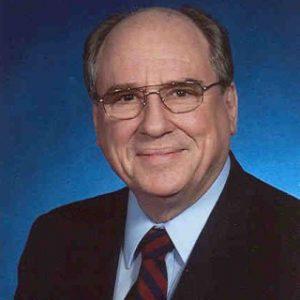Leadership Credentials
By David Lowes Watson

“Rather than pastoral care or doctrinal instruction, disciples setting out in the Christian life need a helping hand from someone who knows the way ahead just a little better than they do—someone who can show them by example. This is by far the best credential for leading in discipleship. It combines practical experience with shared pilgrimage, making the leader at once a guide and a fellow traveler. The training for such a role is almost always acquired ‘on the job,’ and the respect accorded by those who follow is usually well earned. But since our delaying tactics have made discipleship such a complicated and sensitive issue, it is a leadership role that has come to rest almost entirely today with the pastor and church professional staff.
“The problem is that pastors and church staff rarely have the credentials for this basic leadership in discipleship. For one thing they are trained in very particular areas of the Christian life, undergoing rigorous intellectual and spiritual preparation for their various ministries. It is not a good use of pastoral resources to expend these skills on basic guidance in the Christian life—to say nothing of the routine administration of the church.
“Just as important is the fact that professional church staff seldom practice their discipleship in the same worldly arena as the members of their congregations. They are almost always at a distance from where ordinary Christians live and work and witness. Just as the authority of the [early Methodist] coal miner at the midweek prayer meeting came from living out his discipleship alongside the other members [of his class meeting], so leaders in discipleship today need to be in the front line alongside the disciples they endeavor to lead, witnessing for Christ at times and in places where pastors and church staff are unlikely to be present. The most important credential for these leaders is to walk with Christ in the world alongside the people they are leading.”
(David Lowes Watson in Class Leaders: Recovering a Tradition, pages 13-14)
